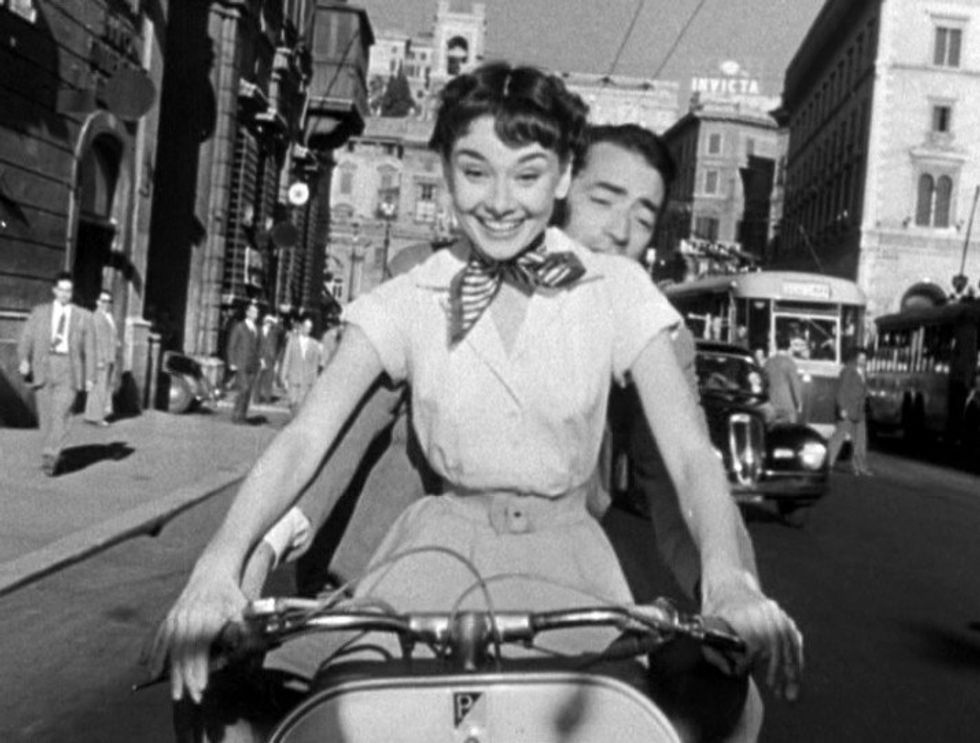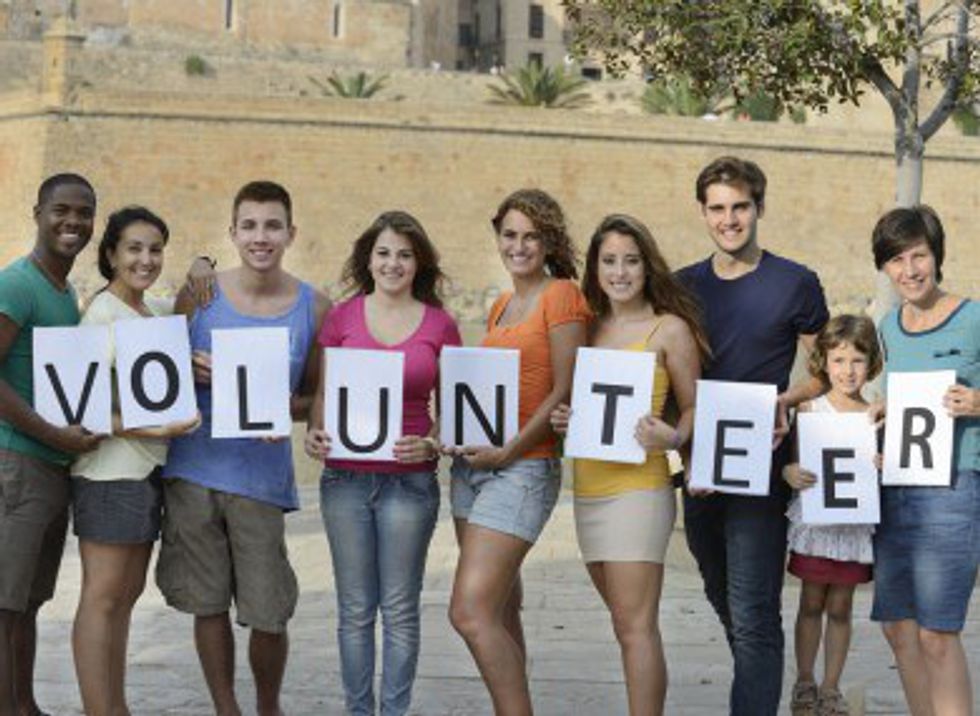For centuries, tourism was affordable only for the wealthy, who were the only ones who had the time and the income to travel. The elite classes would often leave their home countries for the summer and winter months to come to other countries for the sole intention of indulging in other cultures. This soon changed, as mainstream tourism came with the introduction of Audrey Hepburn in her first film Roman Holiday in 1953, in addition to the advances in more convenient travel technology such as the airplane, and the increase in disposable family income. Today, the worldwide average revenue of tourism adds up to 1 trillion dollars a year since 2011. Some countries have to rely entirely on the tourism industry to support their economy due to the inability to compete with other wealthy countries that focus on industrial growth. This worldwide industry gives individuals the opportunity to explore other cultures outside of their own, and with globalization the understanding diversity is becoming more necessary.
Culture is what makes world states unique. The difference in languages, traditions, food, and other unique cultural qualities are what make this world such an amazing place. However, not everyone understands the importance of individual cultures. Many tourists choose to hold ethnocentric (sometimes, even xenophobic) views when they travel, meaning that they only want to see the famous monuments to capture in an Instagram photo or a Facebook post instead of trying to gain a larger understanding of the importance of diversity. Here's a few reasons why you're probably not doing tourism right, and a few suggestions for what you should be doing
1. Everything has to be in English
Sure, English is the modern world's lingua franca. But if you're not in a mainstream tourist location and you were trying to pursue authenticity, you're going to have to learn a few conversational words. There's nothing wrong with learning a new language, and the locals will thank you for trying to engage in their culture.
2. You planned a two-week volunteer trip to an exotic country (and the same volunteer organization also offers tourist excursions)
Voluntourism is an incredibly shallow way of helping poorer nations. Organized tourism, such as planned trips to popularly visited locations, are inauthentic experiences that do not allow the individual to immerse in culture. Rather, many tourist operations worldwide cater specifically to the western worldview. This means that you are indulging in a false culture created for the purpose of attracting you. Criticisms of voluntourism commonly challenge the inauthenticity of the two-week cultural experience. I completely understand that helping others who are less fortunate is a great thing, but if your charity group runs tourist trips on the side, your two-week trip isn’t certainly isn’t going to influence any long-term change for these countries. And long-term change is what many countries in the global south need to actually develop in order to self sustain.
3. You expect your culture to be the standard in another country
The French Government released a campaign in 2013 in an attempt to teach tourism industry professionals how to deal with other cultures. For example, the manual stated that Americans “expect widespread Wi-Fi, and usually have dinner at 6 pm” (many Europeans eat at 9 pm). Although I do take advantage of the tourist culture that overwhelms many places around the world, I do notice from my experiences overseas that authentic culture can often be challenged in order to cater to the tourist expectations for the purpose of generating more revenue. This depletes authenticity of culture, which can threaten a nation’s identity. If you want to travel, why don’t you want to live like the locals do?
4. Purchasing stereotypical products that are inauthentic to the culture
Many tourist locations thrive on tourist shops that sell products that support general stereotypes of the country. In China, they sell the traditional qipao dress (the style died out during the Communist Revolution in the 1950s, and is now reserved for special occasions), and France sells the berets (no French local would be caught dead wearing one). These are only two examples of merchandise produced for the singular purpose of catering to tourists who don’t bother understanding the real culture and rather choose to support their own stereotypical views of how a country is perceived. There are so many genuinely authentic souvenirs that you can take home. Buy some wine or cheese from France or Italy, or try buying local brands! Authentic industries in tourist countries often suffer from the overbearing demand for stereotypical goods.
5. Religious spaces should be respected even if it isn’t your own religion
Many religious sites around the world are open to tourism for the purpose of sharing their historical value. All around the world churches and temples are available to the public for those who want to indulge in the importance of these sites to these individual religions. However, many tourists forget that a sacred space is still a sacred space even if it isn’t their own religion. Speaking loudly, taking flash photography, and sometimes even wearing the improper attire can threaten the sanctity of sacred space for many who are members of the religion. If you aren’t planning on respecting a sacred space, perhaps staying outside and admiring the exterior would be the best solution for you.
6. Lack of research for certain tourist destinations
Visiting a famous monument is one thing. However, in undeveloped and developing countries, many tourism industries are willing to take advantage of tourists for easy money. Petting zoos in Southeast Asian countries often abuse their animals without the concern of proper care, children can often be extorted by being forced to beg in heavy tourist areas, and sometimes even human rights abuses can be ongoing without you noticing. Be wary of these extortionists.
7. You're choosing a world famous tourist destination
As absurd as this one seems, choosing a famous tourist destination comes with a lot of issues. The more popular a place becomes, the more infrastructure is needed to support the influx of tourists in the area. On many coastlines around the world, many tourist developments threaten coral reefs, endangered species, and many other kinds of wildlife. Resorts often dispose of waste in ways that threaten the environment, and even overconsumption of seafood can lead to overfishing and ultimately create the tragedy of the commons.
I know that many of you who read this will think that I'm exaggerating the issues caused by tourism, however the search for inauthentic experiences that support ethnocentrism, environmental depletion, and the weakening of local economies will only lead to more problems that continues a vicious cycle of ignorance, further extorting individual cultures, people, and landscapes. Explore the world through a wider lens and indulge in another culture in a more genuine way.

























